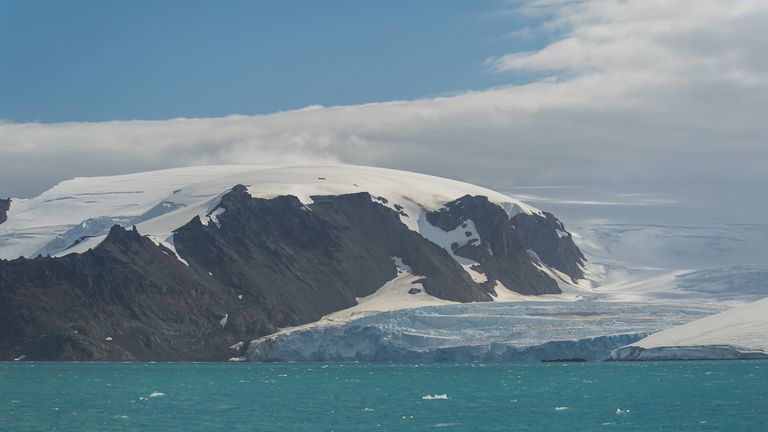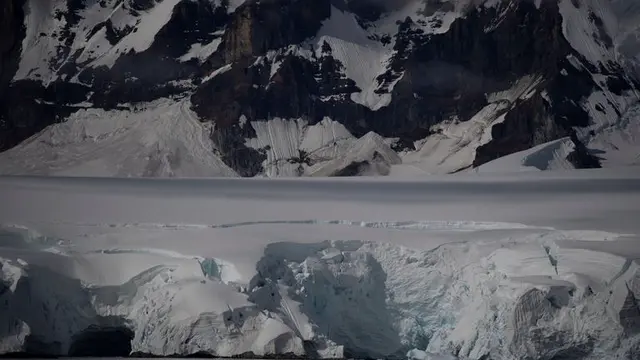Researchers have discovered that melting ice sheets have already caused enormous sea-level rises, pushing oceans around the world higher by up to 18 metres at the end of the last ice age.
The scientists at Durham University have established which ice sheet was responsible for this rapid rise, which took place at 10 times the current rate, pushing up sea levels by around 3.6 metres per century over 500 years.
New analysis of geological records show that at the end of the last ice age around 14,600 years ago, meltwater from the former North American and Eurasian ice sheets was actually actually driving the rise, rather than the oft-suspected Antarctic ice sheet.
Meltwater pulse 1A (MWP1a) is the name used to describe this rapid period of sea level rise following the last ice age, when continental ice sheets were retreating and the meltwater, previously held on land, flowed into the oceans.
But scientists had not been sure which ice sheet had been responsible for the enormous MWP-1A event rise, equivalent to an ice sheet twice the size of Greenland melting in only 500 years.
The MWP1a discharge of freshwater disrupted ocean circulations and had enormous knock-on effects for the global climate, say the researchers, and understanding the source will enable scientists to improve the accuracy of their climate models.
"The results are important for our understanding of ice-ocean-climate interactions which play a significant role in shaping terrestrial weather patterns," the scientists added.
"The findings are particularly timely with the Greenland ice sheet rapidly melting, contributing to a rise in sea levels and changes to global ocean circulation."
Watch the Sky News Daily Climate Show
Lead author Yucheng Lin, of Durham's department of geography, said: "Despite being identified over 30 years ago, it has been surprisingly challenging to determine which ice sheet was the major contributor to this dramatic rise in sea levels.
"Previously, scientists tried to work out the source of the sea-level rise based on sea-level data from the tropics, but the majority of those studies disagreed with geological records of ice sheet change.
"Our study includes novel information from lakes around the coast of Scotland that were isolated from the ocean due to land uplift following the retreat of the British Ice Sheet, allowing us to confidently identify the meltwater sources," Dr Lin added.

Image:Enormous ice sheets covering North America and Eurasia were responsible for the rise
Co-author Dr Pippa Whitehouse added: "The technique we have used allows us to really dig into the error bars on the data and explore which ice-melt scenarios were most likely.
"We found that most of the rapid sea-level rise was due to ice sheet melt across North America and Scandinavia, with a surprisingly small contribution from Antarctica.
"The next big question is to work out what triggered the ice melt, and what impact the massive influx of meltwater had on ocean currents in the North Atlantic.
"This is very much on our minds today - any disruption to the Gulf Stream, for example due to melting of the Greenland Ice Sheet, will have significant consequences for the UK climate," Dr Whitehouse said.
 简体中文
简体中文



